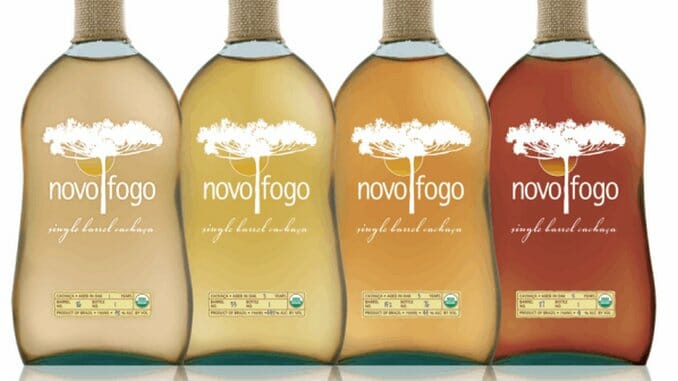Ask the Expert: What’s the Difference Between Cachaça and Rum?

In our new Ask the Expert series, Paste readers chime in with some of their most pressing booze concerns, and we do our best to help you make sense of it all. Resident expert Jake Emen has spent years on the road traveling to distilleries across the country and around the world, and he’s here to help. Want your own question answered? Send a Tweet to him @ManTalkFood using #AskTheExpert.
Thus far in the Ask the Expert series, we’ve taken a look at several categories that people are confused about. For instance, brandy vs. cognac, and mezcal vs. tequila. Another hiccup arises here, with cachaça vs. rum. What’s the difference between the two, and how are they related?
-

-

-

-

-

-

-

-

-

-

-

-

-

-

-

-

-

-

-

-

-

-

-

-

-

-

-

-

-

-

-

-

-

-

-

-

-

-

-

-








































